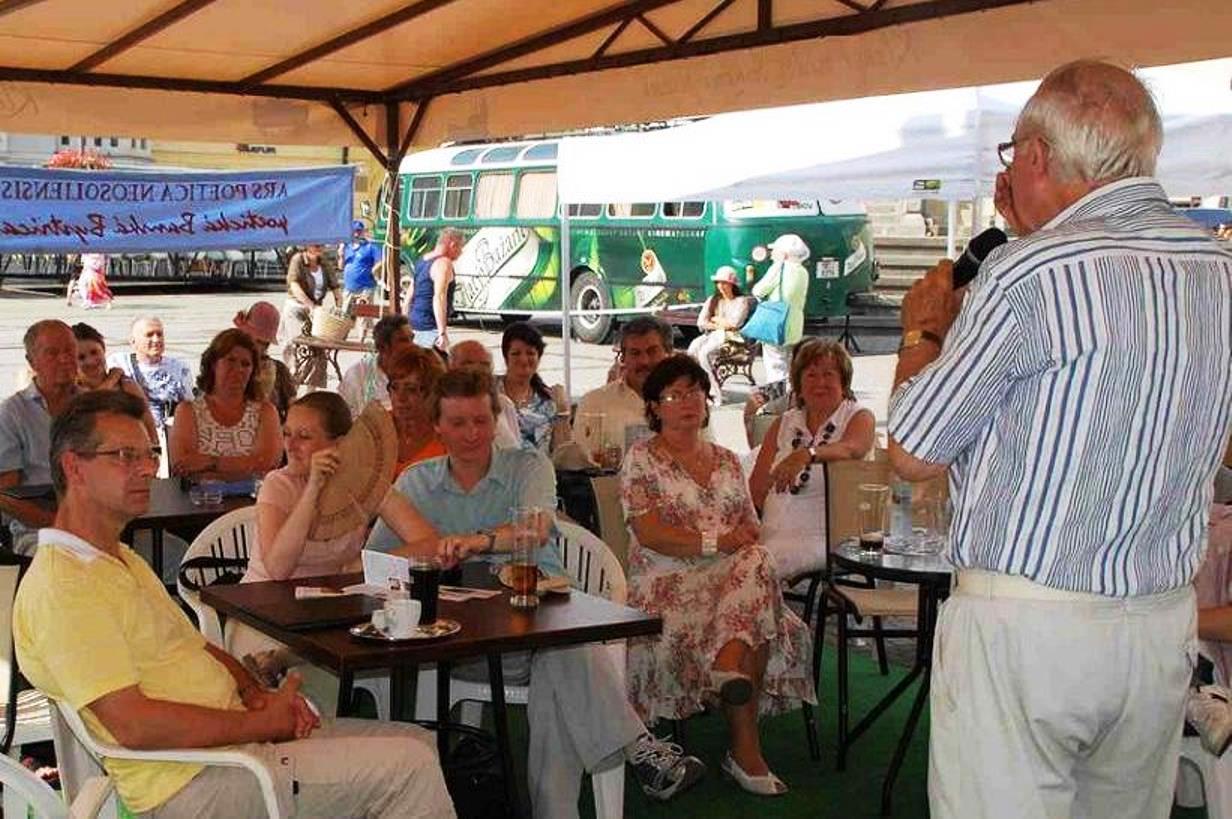
Bryan’s essay, ‘Evocations of Place and Culture in the Works of Four Contemporary Black Louisiana Writers’, emphasizes the specificity of the characters’ place, stating, for example, that the characters in Ceremony for Minneconjoux ‘are definitely Louisiana women’ (Bryan 1987: 50). Discussing the specificity of some of the words and expressions she employs in her poems, Osbey remarks that her ideal audience is ‘probably black, New Orleans, and working- class to those people I don’t have to explain that language’ (Lowe 1996: 96).ģSuch an emphasis on the culture, people, and history of New Orleans and Osbey’s place among them is mirrored in the literary criticism on Osbey’s poetry. Ten years later, speaking with John Lowe, Osbey affirms and extends this claim: ‘I’m always writing about New Orleans it’s the true spiritual core of everything I do’ (Lowe 1996: 101). She describes her work in a 1986 interview with Violet Harrington Bryan as a kind of ‘cultural geography’ of Louisiana (Bryan 1986-87: 34). Osbey’s earliest interviews express her deep commitment to New Orleans and its importance as the setting and cultural basis for her poetry. Osbey’s new work forces us to ask how her regionalism relates to her internationalism throughout her œuvre, an understanding of which may lay the groundwork for future critical study.Ģ Biographical blurbs on Osbey invariably reference her status as a native of New Orleans, a fact she foregrounds in her self-representation. Now, almost a generation later, it is time to revise this framing of Osbey and her work, a task which is enabled both by a turn of our critical lens toward black internationalism and the diaspora as well as by recent publication of new essays and poetry by Osbey.

In Osbey’s case, the critical attention one assumes would accompany publication of new and selected poems did not come. This procrustean critical viewpoint was laid down in the period roughly corresponding to the publication of her four books of poetry, between 1983 and 1997, and, despite its apparent aptness at the time, may explain in part the lack of a developing body of criticism on her work after the publication of her new and selected poems volume, All Saints, in 1997. While John Lowe notes in his entry on Osbey in The Oxford Companion to African American Literature that ‘one finds influences from her travels and sojourns elsewhere’ (Lowe 1997: 555–556), the predominant depiction of Osbey throughout the limited amount of scholarship on her work to date is that of a deeply regional, place-focused writer immersed in the culture of the New Orleans women she brings to life. The paper focuses on Dove’s poem ‘Ars Poetica’ (and reference Sonata Mulattica), Osbey’s poems ‘Geography’ and ‘History’ (and reference her essays about France during her 2004 Carmago fellowship).ġBrenda Marie Osbey has positioned herself-and has been positioned by scholars-as a poet of New Orleans and Louisiana. Contrasting Dove’s and Osbey’s intercultural encounters-one, ongoing and global, the other short-term and diasporically-focused-maps a wide range of African American ‘unhomely’ diasporic citizenship. (594) Minority cosmopolitanism allows multiple diasporic articulations of home and identity, as minority subjects navigate translocal affiliations and cross-cultural contact in widely various ways. Crucially,, minority cosmopolitanism is constituted through a paradoxical relation to cross-cultural contact, registering the disruptions and asymmetries of intercultural encounter while sustaining an openness to its transformative possibilities’. Koshy’s project, which conjoins the ‘historically divergent projects of ethnic studies and studies of cosmopolitanism’ (592), employs the term ‘minority cosmopolitanism’ to refer to: ‘Translocal affiliations that are grounded in the experience of minority subjects and are marked by a critical awareness of the constraints of primary attachments such as family, religion, race, and nation and by an ethical or imaginative receptivity, orientation, or aspiration to an interconnected or shared world. The persistence of unhomeliness also emphasizes the inhospitality of a liberal, universalist model of citizenship that requires a transcendence of ethnic identity’ (601). As Susan Koshy argues in her 2011 essay, ‘Minority Cosmopolitanism’ in PMLA, ‘ he feeling of not being at home is a marker of diasporic citizenship, an effect of attachments that position such minority subjects inside the nation formally but between nations culturally. These poets’ work repeatedly returns to representations of home and identity as displaced, in motion, temporary, in-between and contested.

The poetry and prose of two African American female poets, Rita Dove and Brenda Marie Osbey, maps two contemporary versions of black diasporic experience of home and identity in movement across literal and figurative, national and transnational, and racialized spaces/places.


 0 kommentar(er)
0 kommentar(er)
